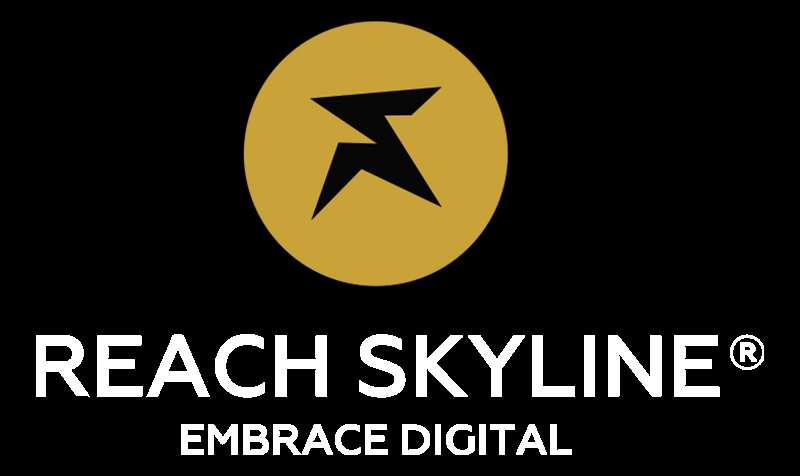This is How the Liberal Arts Can Revolutionize Your Approach to Innovation in Business
In today’s rapidly evolving business world, innovation is key to staying ahead of the competition. As businesses strive to differentiate themselves, it’s not only technical skills or financial acumen that are crucial for success. Increasingly, the ability to think creatively, empathize with others and understand complex human behavior is just as important. This is where the liberal arts come in. Although traditionally viewed as unrelated to business, the liberal arts offer invaluable tools that can shape the way you approach innovation. A Broader Perspective on Problem-Solving Enhancing Empathy and Emotional Intelligence Empathy is a core component of the liberal arts, particularly in fields like literature and psychology. The ability to empathize with others plays a crucial role in leadership and innovation. By understanding different viewpoints and perspectives, leaders are better equipped to create inclusive environments that foster collaboration and creative thinking. When businesses build a culture of empathy, employees feel valued and their creativity flourishes. Studies show that emotional intelligence (EI) is a critical factor in leadership success. According to a study, emotional intelligence will be one of the top skills demanded in the workforce by 2025. Companies that prioritize empathy and emotional intelligence are more likely to have high employee satisfaction and retention rates. By encouraging empathy, liberal arts education helps develop this crucial skill, which is often overlooked in technical training programs. Consider how a Digital Marketing Company uses empathy in understanding consumer behavior. Empathy helps businesses not only understand what customers want but also predict what they might need in the future. A company that uses emotional intelligence in their marketing strategies is more likely to create campaigns that resonate deeply with their audience. This emotional connection drives engagement and builds brand loyalty, which are key elements of business innovation. Encouraging Creativity and Unconventional Thinking Creativity is often viewed as the cornerstone of innovation and the liberal arts are a treasure trove of creative inspiration. Art, music and literature all offer fresh perspectives and encourage thinking outside the box. By engaging with various forms of creative expression, individuals are exposed to new ideas, which can be applied to business problems in unique ways. The liberal arts push individuals to break free from conventional thinking and explore new approaches that may not be immediately obvious. In fact, research shows that creativity is a valuable asset for businesses looking to innovate. 8 out of 10 business leaders believe that creativity is critical to driving business growth. A study revealed that companies that foster creativity are 3.5 times more likely to outperform their peers in terms of revenue growth. This statistic underscores the importance of integrating creative thinking into business processes. When leaders embrace creativity, they open the door to groundbreaking solutions and innovations. For businesses, creativity can be the difference between staying relevant or falling behind. A Digital Marketing Company that embraces creativity in their campaigns is more likely to create memorable, impactful content. By thinking unconventionally, they are able to craft messages that resonate with their audience and drive results. Enhancing Communication and Collaboration The liberal arts are often dismissed as unrelated to business, but they offer valuable tools that can revolutionize your approach to innovation. From broadening your perspective on problem-solving to enhancing creativity and empathy, the liberal arts foster critical thinking and emotional intelligence—skills that are essential for effective leadership. By incorporating these skills into business practices, companies are better equipped to navigate challenges, drive innovation and stay ahead of the competition. The integration of liberal arts into the business world is not just an academic pursuit; it’s a practical strategy that yields measurable results. For businesses, particularly Digital Marketing Companies, embracing the liberal arts can unlock new levels of creativity, improve communication and help build a culture of empathy that drives long-term success. The ability to think deeply, empathize and collaborate effectively will continue to be essential skills for leaders in the future, making the liberal arts an indispensable asset in the world of business innovation.












